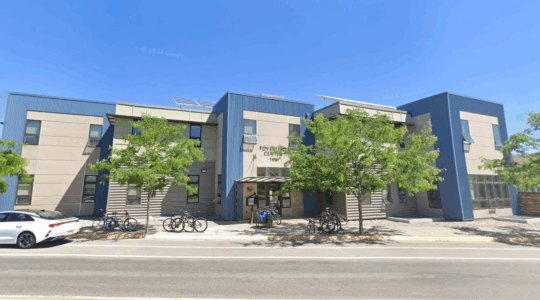NEW YORK, Feb. 11 (JTA) — A coalition of national religious leaders recently told senior U.S. government officials that sound environmental policy is a matter of religious, as well as political, concern. About 20 rabbis, priests and ministers, active in the National Religious Partnership for the Environment, met on Feb. 5 for over an hour with Vice President Albert Gore, long known for his interest in environmental issues. “There’s a lot of political arguing involved, but also a moral perspective that needs to be applied. That’s the function of the coalition,” said Rabbi Ismar Schorsch, chancellor of the Conservative movement’s Jewish Theological Seminary and one of the participants. “The whole effort reflects the increasing voice of religion in the public square,” he said. After a morning spent lobbying members of Congress, the religious leaders, joined by leading scientists, met with Bruce Babbitt, secretary of the interior. The delegation included representatives of the National Conference of Catholic Bishops, the largely Protestant National Council of Churches, the National Association of Evangelicals and several Jewish groups that are members of the Coalition on the Enviroment and Jewish Life. They pressed the government officials to pay particular attention to the link between poverty and poor environmental conditions. Concerns about anticipated legislation focusing on cleaning up toxic waste sites and on clean air standards were raised, Schorsch said. Jews should be concerned about these issues because it “is an exercise in applied Judaism,” Schorsch said. He said environment advocacy also can bring benefit to people of religion. “The environmental crisis gives us a chance to revitalize parts of the tradition that have fallen by the way.” For example, “Gemilut hasadim [deeds of loving kindness] is one of the pillars on which the world stands, and this is an effort to translate Jewish texts and values into a response to a universal challenge,” he said. Other Jewish participants included Rabbi Barry Freundel, vice president of the Orthodox Rabbinical Council of America; Lawrence Rubin, executive vice chairman of the National Jewish Community Relations Advisory Council; and Rabbi David Saperstein, director of the Reform movement’s Religious Action Center.
JTA has documented Jewish history in real-time for over a century. Keep our journalism strong by joining us in supporting independent, award-winning reporting.





